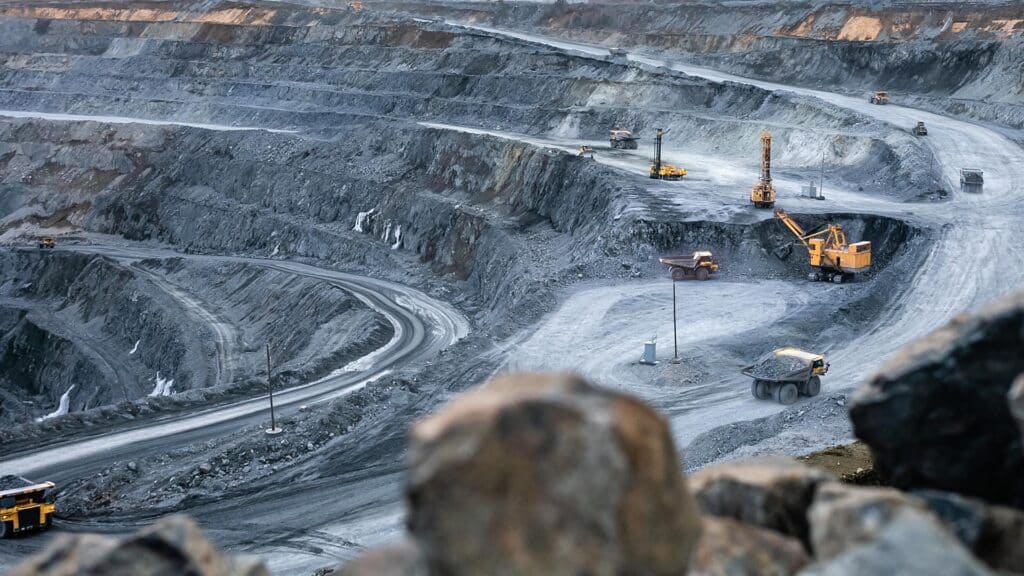German companies will produce lithium in Kazakhstan

Knauf Gruppe, GP Günter Papenburg AG and Roxtec, leading German companies, have established a consortium in order to explore and produce lithium in Kazakhstan, according to the Ministry of Industry and Construction of the Republic of Kazakhstan. German Institute for Technologies and Economics of Lithium (ITEL) will also take part in the project.
The consortium participants have already established a working group that is expected to review the potential of Kazakhstani lithium reserves.
In June 2023, HMS Bergbau AG, another German company, agreed to cooperate with Kazakhstan’s Creada Corporation and allocate $200 million in investments for lithium exploration in the country. The German investor is also going to build a $500 million mining complex to produce and process lithium in the East Kazakhstan region.
As Chair of the National Geological Service of Kazakhstan Yerlan Galiyev noted in November 2023, six fields in Kazakhstan might contain lithium: Yubileynoe, Verkhne-Baymurzinskoye, Bakenny, Akhmetkino, Medvedka and Akhmirovskoye.
In October 2022, Kazakhstan’s President Kassym-Jomart Tokayev said the country may possess 50 to 100 tons of lithium reserves. He ordered the geological service to intensify the exploration and development of lithium fields.
Rare metals are crucial components for the production of high-tech products such as electronics, magnets, batteries and other innovative products.
In October 2022, Head of Mining Projects in Kazakh Invest Bauyrzhan Aitkulov said that Kazakhstan made little progress in terms of the production and processing of lithium. The country hasn’t conducted any large-scale search for potential lithium reserves yet, while all the information about reserves discovered during the Soviet times was classified at the time. The average cost of lithium development out of subsurface brine is about $14 million, compared to $90 million for classic mining. Low profitability of this business deters investors from more active actions, Aitkulov said. He also noted that Kazakhstan’s industry doesn’t need lithium at all.

